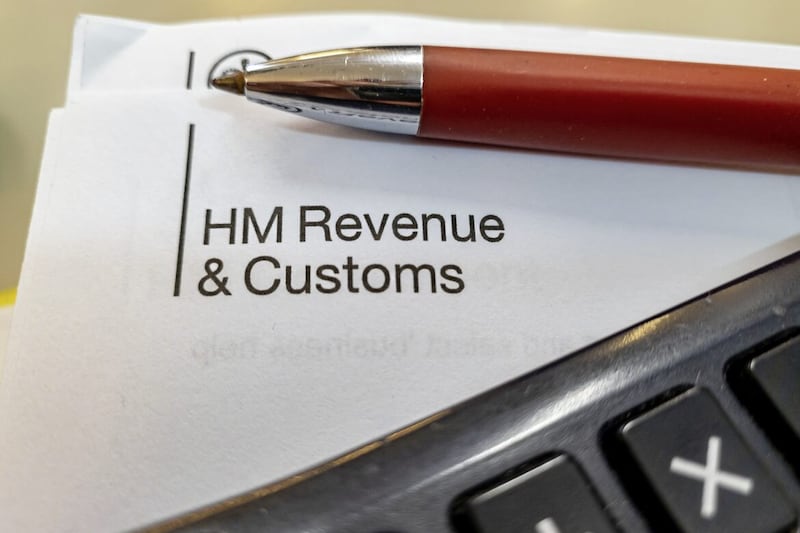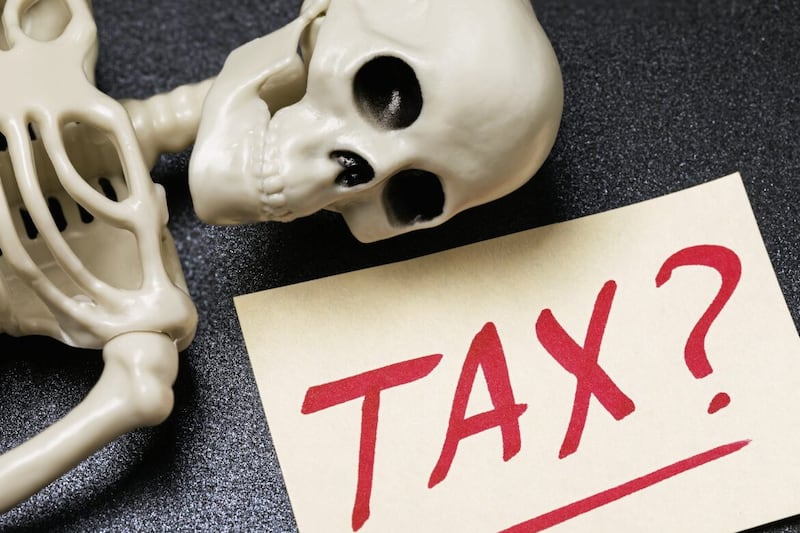QUESTION : There was a lot of speculation before the budget that entrepreneurs relief (ER) would disappear. What happened?
ANSWER: What a difference a week makes. Last week business owners were worrying that they could be taxed at 20 per cent and not 10 per cent when they sell their businesses. This week many don’t have a business to sell due to Covid-19.
To answer your question, entrepreneurs relief (ER) has not been removed completely from the statute books. In the Budget, Chancellor Rishi Sunak confirmed that the government had decided to retain ER albeit at a significantly reduced level.
To recap, prior to the Budget it was possible to sell trading businesses with the benefit of a ER capital gains (CGT) rate of 10 per cent within a lifetime gains limit of £10m. But with immediate effect, the ER lifetime gains limit has now been reduced to just £1m.
In the CGT game of ‘snakes and ladders’ 12 years since ER was introduced to replace the old business asset taper relief, the relief is now back at the same level it was when Labour Chancellor Alistair Darling introduced it.
What this means is that the relief is worth a maximum amount of £100,000 (ie, lifetime gains limit of £1m x (20 per cent normal CGT rate less 10 per cent ER CGT rate) whereas, before the it was worth £1m.
The gains limit remains to apply to lifetime gains , so if you have made gains in the past and claimed ER then the amount of ER previously claimed is deducted from your new lifetime limit of £1m.
Many family businesses may now add family members such as spouses and adult children working in the business as shareholders in an attempt to harness higher levels of ER via collective ownership.
This however need to be considered against the possibility of for example, the adult having an ‘adverse lifetime event’ (death, divorce, bankrupty etc) where the ER potential gained is dwarfed by the potential loss of part of the company.
With all of the rumours surrounding the abolition of ER in the run-up to the Budget, some shareholders may have been tempted to ‘bank’ their ER entitlement via tax planning however HMRC have introduced anti-forestalling measures to counteract such aggressive planning which could turn the capital gain at 10 per cent into a dividend at maybe 38.1 per cent, ouch!.
So, it's bad but it could have been worse. ER still remains on the statute books. In the 55 odd years since the introduction of CGT we have had a variety of ‘retirement’ reliefs for CGT, from retirement relief itself of the 1990’s through ‘Business asset taper relief’ of the noughties ending and remaining at ER still effectively at 10 per cent however now at a fraction (ironically 10 per cent) of what it was a week ago.
:: Paddy Harty ( p.harty@pkffpm.com) is tax director at www.pkffpm.com








